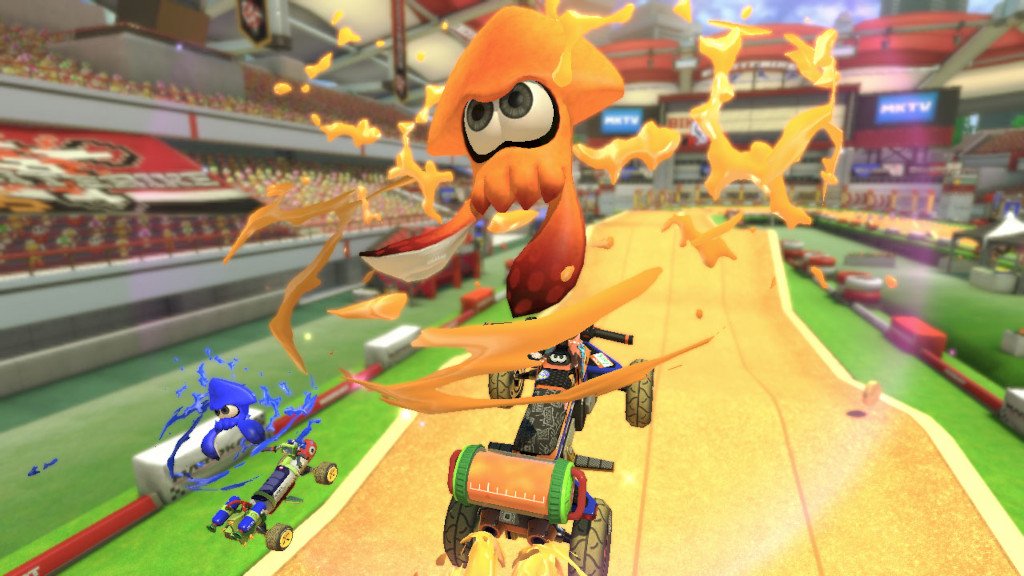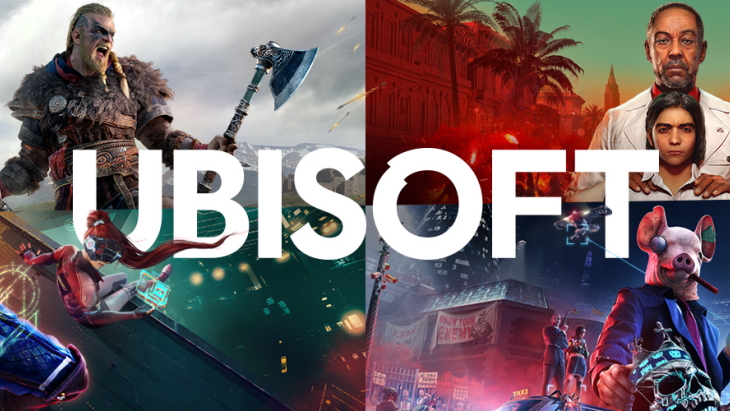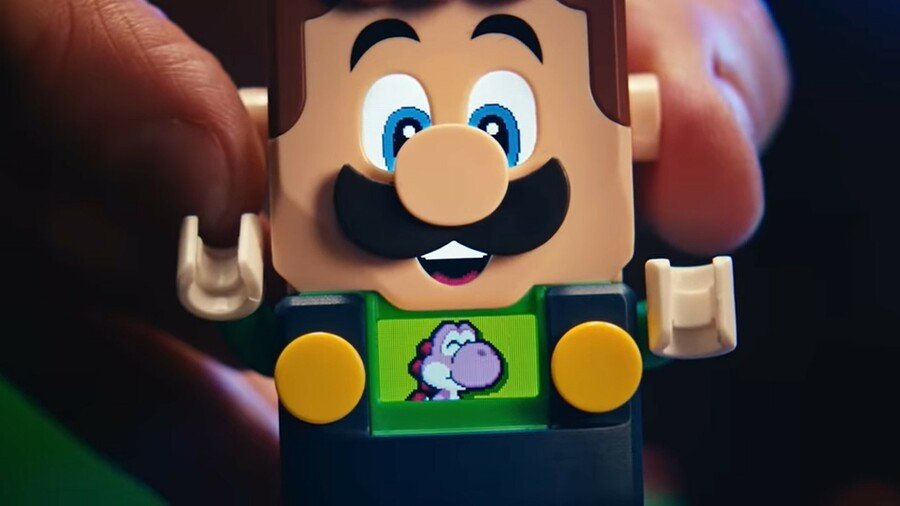Note. Spoiler warning! Plot details from Life is Strange and its prequel, Before the Storm, are discussed in this article.
There's a lot to be disappointed about in the way the games industry has historically handled LGBTQ+ representation, and believe me, I'm dismayed by it, too. It was only this year that the latest Harvest Moon completely denied its players the chance to have same-sex partners, after all — but today I want to talk about the success stories, not the ones that are holding us back as we continue to move into a more welcoming future.
Recently, we found out that a whole bundle of Life is Strange games are coming to the Nintendo Switch (eventually — the release of the Remastered Collection has been delayed to 2022), including the first game, the prequel Before The Storm, and the newest game, True Colors. The first two games deal with the relationship between Chloe, a teenage girl exploring the wreckage of her life after her father's death and her best friend moving away, and her new friend and burgeoning crush, Rachel, a girl whose coolness hides deep secrets.
Life is Strange — the first in the series, by French studio DONTNOD — is an episodic narrative game about teenager Max Caulfield returning to her sleepy hometown, and trying to patch things up with Chloe, the best friend she abandoned. The delicate queer narrative takes somewhat of a backseat to more supernatural and downright disturbing storylines, and the ending — which lets you choose between saving one person or saving a whole town — is very much geared towards the ending in which one of the game's queer characters dies.
In Before The Storm, Chloe and Rachel's relationship blooms amidst parental drama, petty crimes, and a weirdly high amount of train hopping; the game is written by American studio Deck Nine rather than DONTNOD, and in my opinion, it's much more sensitively handled (although DONTNOD has received praise for its trans representation in Tell Me Why, which I haven't played). I wanted Chloe to be happy, and Before The Storm gives her that, even briefly, before Life is Strange runs it over like a speeding locomotive.
Before The Storm was one of the first times I'd seen a relatable version of two women in love that wasn't told through a male gaze
For me, at least, Before The Storm was one of the first times I'd seen a relatable version of two women in love that wasn't told through a male gaze. Chloe and Rachel are young, and somewhat shy — although Chloe far more than Rachel, who takes the lead — and their awkward, nervous kiss feels real.
Contrast that with the first Life is Strange, which, especially in the light of Before The Storm, feels like Chloe trying to patch up a hole in her heart with Max. Her bravado and coolness is all fake, manufactured in the wake of a great loss; she's afraid to let people get close to her, because she'll lose them again. Many people loved the relationship between the two, which is entirely valid, but I just couldn't get into it. It didn't feel like a healthy thing for Chloe, and Max deserved better than to be a placeholder for Rachel.
But representations of messy, imperfect relationships that are also queer is important. There were times when Life is Strange seemed to relish hurting its characters too much, especially towards the end — the twist is particularly nasty — but Chloe's way of handling teenage heartbreak is realistic and relatable. She's not always a good person; neither is Max, and neither is Rachel. These representations matter, to create a kaleidoscopic, patchwork quilt-style idea of what it means to be an LGBTQ+ person. It's not always sunshine and rainbows; it's sometimes ugly and raw and painful, just like it is for anybody else.
Life is Strange: True Colors, the newest game in the series, will introduce us to Alex Chen, a young bisexual Asian-American woman in a small town, dealing with the loss of her brother and a "curse" of supernaturally-enhanced empathy.
Deck Nine is handling True Colors, too — which means I have high hopes for the way it will handle Alex Chen's bisexuality, and her relationships with others. Not only do I relate to Alex being an overly-empathetic bisexual woman struggling to control and understand her powerful feelings, but she also literally looks like me, and I mean that in a good way (although I was here first, Alex).
I don't know what True Colors is about, but I'm looking forward to it. I'm more excited about the quiet, personal, detailed games about the intersections of identity, belonging, and emotions than I am in larger stories that deal with grander themes, or stories that constantly torture their LGBTQ+ characters, and Life is Strange — as it evolved — has become a series that's all about its characters' lives, not just their loss.
Luckily, I'm not alone in feeling this way: the Nintendo Switch has recently become home to a cornucopia of games that deal with small and personal stories that have huge meaning to people's lives. A Normal Lost Phone deals with coming out; Ikenfell deals with loneliness and fear, even amongst likeminded peers; Night In The Woods is about turning your insecurities and anxieties into love, rage, and the power to fight off the night. And that's just a few of them — we've made an entire list of the best LGBTQ+ games, if you're interested.
Life is Strange is far from the first queer narrative we've seen on the Switch, and it certainly won't be the last — but it's part of a wave that heralds a change in things for the better.



